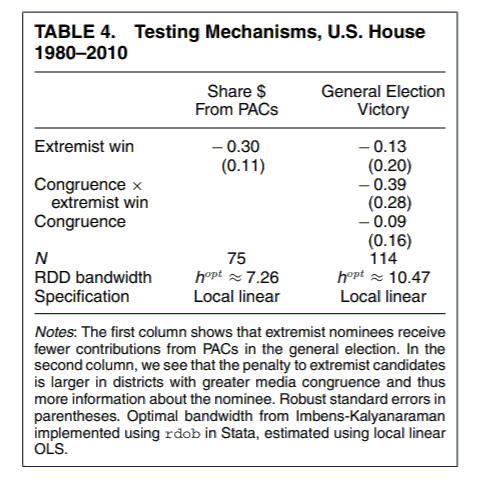
In light of Georgia voting rights news, here's my new working paper.
tl;dr I create & validate a measure of democracy in the states 2000-2018 and test theories of democratic backsliding. It's all about the national Republican Party.
ungated: dropbox.com/s/c682q88keqyc…
1/n
tl;dr I create & validate a measure of democracy in the states 2000-2018 and test theories of democratic backsliding. It's all about the national Republican Party.
ungated: dropbox.com/s/c682q88keqyc…
1/n

In the ongoing crisis of US democracy, a lot of focus is on Washington. There's renewed interest in V-Dem, Polity, etc measures of democracy at the national level.
2/n
2/n

But the US has an especially decentralized form of federalism that puts election administration, districting, policing, and other democratic institutions at the state level. And that's where the crisis is.
3/n
3/n
Yet there's no comprehensive state level democracy measure like the cross-national measures. So I modeled a new measure of state democratic performance 2000-2018 based using 61 indicators and Bayesian IRT, which I call the State Democracy Index.
4/n
4/n

The State Democracy Index shows some major changes in state democratic performance, and partisan divergence, especially from gerrymandering & voter suppression post-2010.
5/n

5/n


I test theories of democratic expansion & contraction based in:
-partisan competition
-polarization
-demographic change & racial threat
-the national GOP coalition
It's all about GOP control. When the GOP wins your state, it will reduce democracy.
6/n
-partisan competition
-polarization
-demographic change & racial threat
-the national GOP coalition
It's all about GOP control. When the GOP wins your state, it will reduce democracy.
6/n

(If you care about the diff-in-diff debates, the Callaway & @pedrohcgs ATT aggregations show even larger effects)
7/n
7/n

State democracy doesn't seem to be about local changes. States doing the most backsliding aren't experiencing especially big demographic changes, or polarization, or competitiveness.
8/n
8/n

This is really about the incentives facing the national GOP coalition, a coalition of big money and an electoral base motivated by white identity politics. Both of these groups have an interest in keeping democracy narrow.
9/n
9/n

Thanks to @cwarshaw & @ProfNickStephan, the @MITelectionlab, and @hill_charlotte for amazing data, and thanks to my usual crew for the great discussions. This is a first public draft so plenty of time for feedback.
n/n
n/n
• • •
Missing some Tweet in this thread? You can try to
force a refresh




